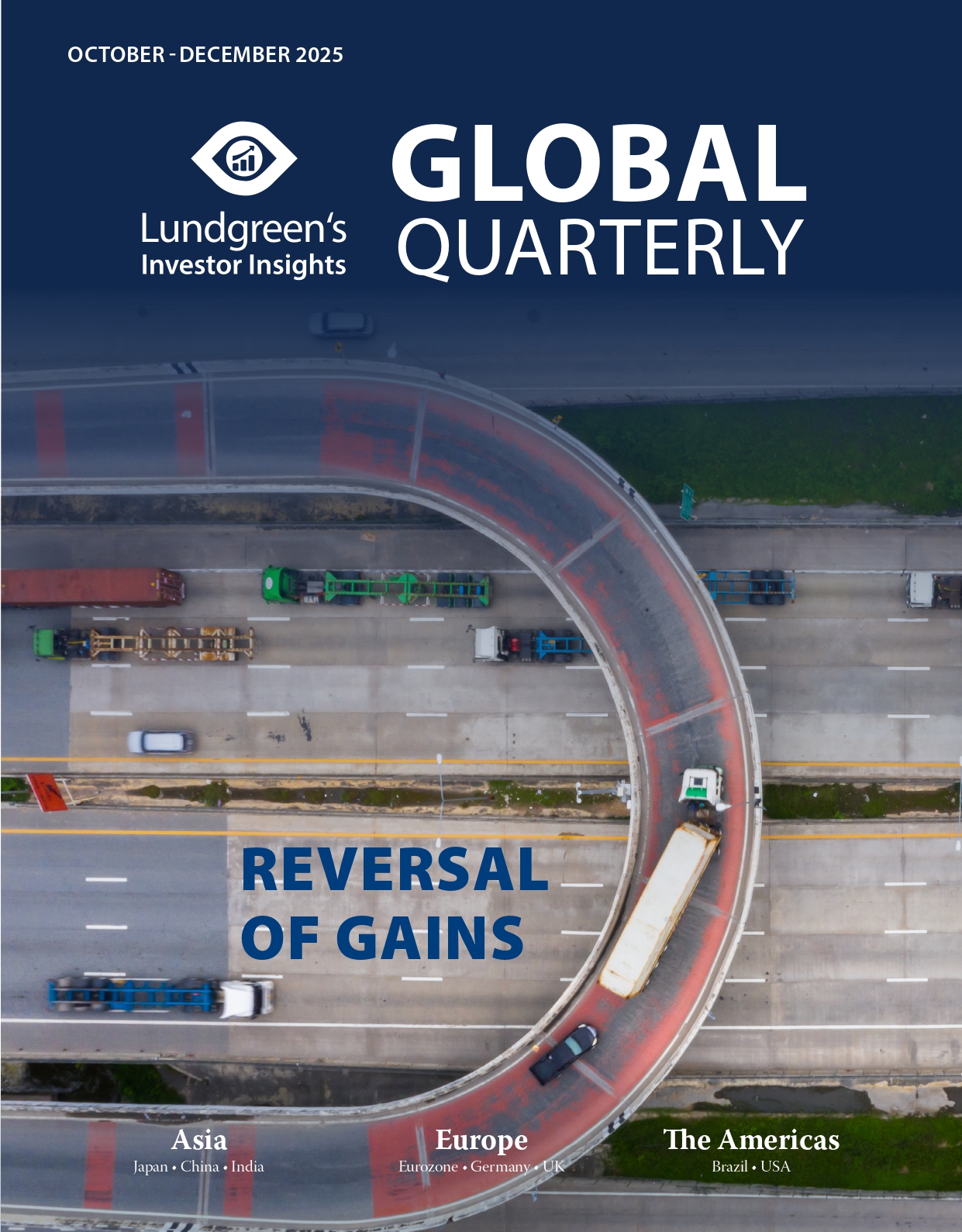Next Week in China: 1-5 September 2025
Major Data Releases:
- 1 September: Shanghai Cooperation Organization (SCO) Tianjin Summit to be held from 31 August to 1 September
- 1 September: RatingDog (formerly Caixin) to report August Industrial Purchasing Managers’ Index (PMI) for China
- 1 September: Hong Kong to report July retail sales data
- 3 September: RatingDog to report August Services PMI for China
- 5 September: Macau to report May-July Residential Property Price Index
- 5 September: Taiwan to report August Consumer Price Index (CPI)
- 5 September: Taiwan to report August Producer Price Index (PPI)
- 7 September: China to report August foreign exchange reserves level
Next week is typically a quiet one for major data releases concerning Mainland China. However, beyond the data, attention should also be paid to the SCO Summit in Tianjin for potential announcements from President Xi Jinping, Russian President Vladimir Putin, Indian Prime Minister Narendra Modi, and Iranian President Masoud Pezeshkian.
Starting August, the Caixin PMI will be referred to as the RatingDog China PMI following RatingDog’s acquisition of the exclusive naming rights from S&P Global. Concerning monthly data, we expect both the RatingDog China Manufacturing and Services PMIs to return to expansionary territory. Data show that the RatingDog China PMI for July was at a contractionary 49.5, down from the previous value of 50.4. The latest reading fell below the boom-bust line, indicating a slowdown in manufacturing activity at the beginning of the third quarter albeit mild. This marks the second decline in activity within three months, with slower new business growth leading manufacturers to reduce output. Specifically, manufacturing sales slowed while new export orders contracted. Although output has resumed contraction, business confidence improved at the beginning of the second half of 2025 and while the level of optimism remains below the long-term average, it strengthened compared to June.
It is noteworthy that in July, the two major services PMIs moved in opposite directions, showing the largest divergence in nearly two and a half years. The China Official Services PMI fell by 0.1 percentage point month-on-month, while the RatingDog China PMI (formerly the Caixin Services PMI) bucked the trend and surged by 2.0 percentage points. Similar to the Industrial PMI, the core reason for this divergence lies in the difference in survey samples of the two indicators. The Official Services PMI, administered by the government’s National Bureau of Statistics, surveys enterprises in wholesale and retail, finance, and real estate while the S&P and RatingDog report explicitly states that their survey does not cover the retail sector. By comparing historical data for July (i.e., when the official PMI declined while the RatingDog China PMI rose), it is found that a divergence often occurs during phases of low retail and real estate activity (sectors heavily covered and weighted in the Official PMI) but high tourism activity, given that the RatingDog China PMI is more sensitive to fluctuations in this industry due to its refined sampling. Therefore, the decline in the Official Services PMI in July may be a prelude to a marginal cooling of the real estate sector. In contrast, the high reading of the RatingDog China PMI is essentially a barometer of the tourism industry.
Major Chinese stock indices showed varied movements over the past week. As of Thursday, 28 August, the MSCI China Index declined by 1.09 per cent from the previous week’s close. In contrast, the Shanghai Composite Index rose by 0.47 per cent, the Shenzhen Component Index performed stronger and climbed 3.33 per cent, while the ChiNext Index surged by 5.39 per cent. During this period, mid- and large-cap stocks outperformed small-cap stocks. From a style perspective, growth stocks significantly outperformed value stocks.
Looking ahead, although July’s economic data showed some weakness due to policy, technical, and weather-related factors and as the year-on-year growth of broad fiscal spending eased from 17.6 per cent in June to 12.1 per cent in July, broad fiscal policy remained generally accommodative. The broad fiscal deficit recorded RMB 352.5 billion (USD 49.3 billion), an increase of approximately RMB 213.4 billion (USD 30 billion) compared to the same period last year. This may become a key factor in stabilizing domestic demand and boosting confidence going forward. The consensus that the stock market is entering an upward trend is gradually strengthening. In the short term, the market is likely to maintain its strength and even if adjustments occur, their magnitude should be limited. Positive changes have emerged concerning economic fundamentals, domestic liquidity, and overseas liquidity. However, a full bull market would require a stronger accumulation of these positive factors.
This piece has been co-produced with Yiyi Capital Limited in Hong Kong, a China specialist and a part of a global financial services group.







